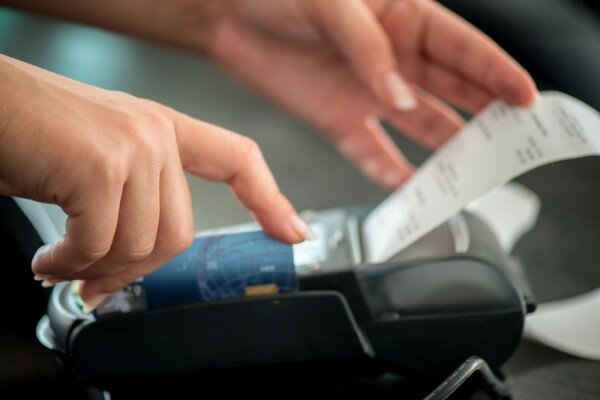
Political instability in Egypt over recent years has not impacted negatively on mobile usage or payments, although frequent changes in governments have delayed new deals, according to mobile payments solutions firm BEE.
BEE provides smart payment solutions with limited infrastructure and equipment needs. Customers are able to pay in cash at merchants hosting BEE terminals, and can pay bills, tuition fees, insurance premiums, and top up mobile phones, among a range of other services through the terminals.
In an interview with HumanIPO, marketing director of BEE Mohamed Abukhadra said the company had felt “no impact” stemming from the political unrest over the last three years, apart from some slight effects of currency fluctuations and a slowing of deals.
“There has been instability in government every few months. With each new government we can do fewer deals [before they are replaced], which has slowed down the rollout of new services,” Abukhadra said.
According to Abukhadra, the instability has in fact had a positive effect, if anything, in that BEE has been able to show itself capable of functioning under all circumstances.
“On the June 25, 2012, [when elected president Mohammed Morsi took office following the ousting of Hosni Mubarak], the whole country stopped. But we worked,” Abukhadra said, explaining while even delivery of mobile topup scratch cards was affected, the BEE system was not.
Mobile usage in fact increased as people called each other to discuss events, Abukhadra said.
BEE currently offers payment solutions for over 30 private sector services and plans to launch for government-run services, for example, advance booking of train tickets.
“We believe such a service will really boom and benefit Egyptians,” Abukhadra said, adding that with 116 per cent mobile penetration across Egypt’s population of 90 million, the market is open for mobile solutions.
While BEE is launching in Egypt as its hub for the Middle East and Africa (MEA) region, the company intends to “expand more aggressively” and eventually grow a presence in every country in Africa.
“Africa is a cash economy. There’s a lot of unbanked customers,” said Abukhadra, noting that this is generally due to either infrastructure or security concerns.
“If there is any of these two [factors] or both, this makes our solution fly.
“For the coming three years at least we will focus on Africa. We really believe in Africa and the opportunities here.”
Image courtesy of Shutterstock.

















